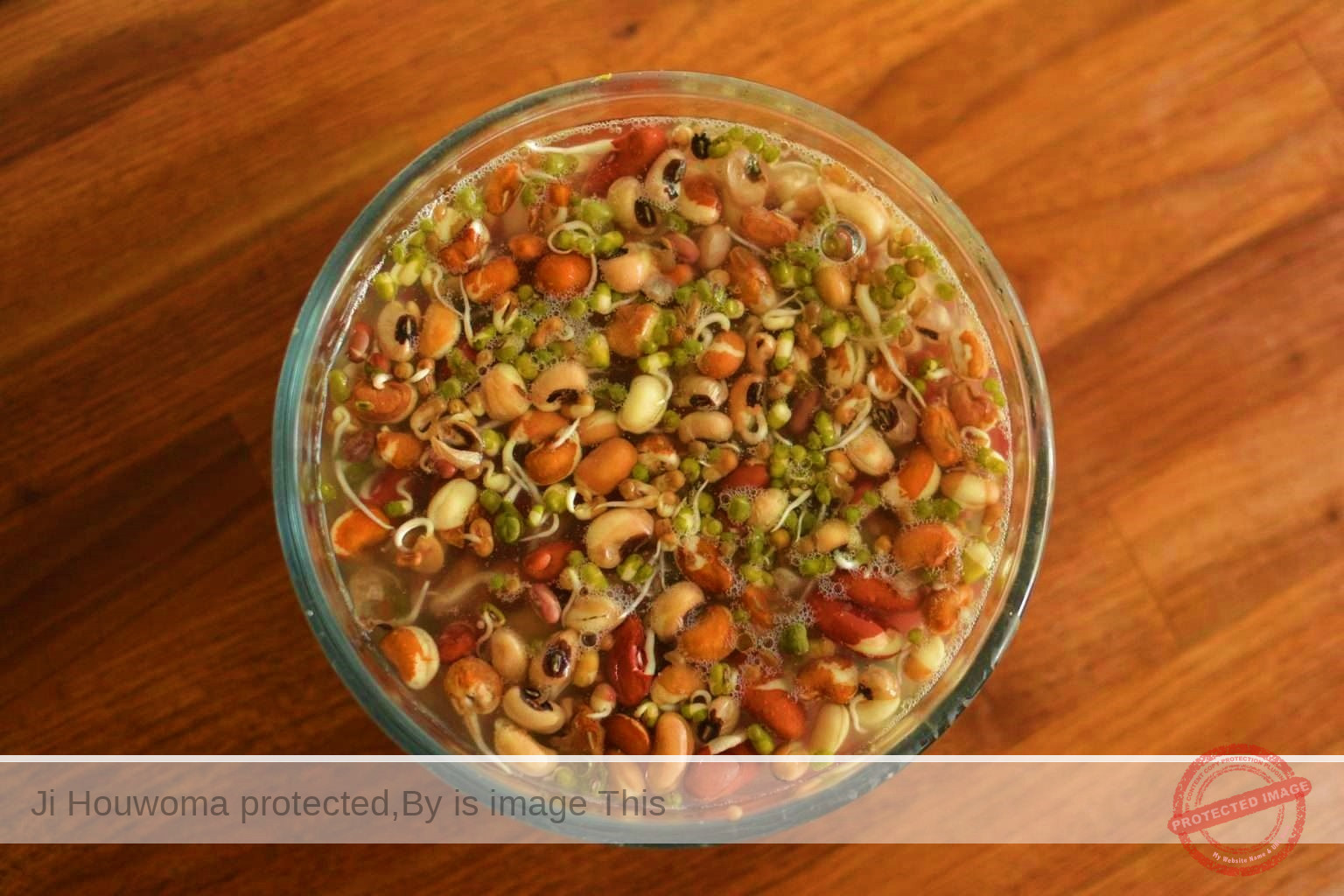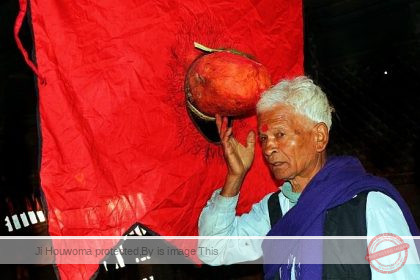In Nepalbhasa (Newari), this day is also known as Gunpunhi (गुंपुन्हि). This day is known as “Gunla Punhi (Full Moon)” or “Gunpunhi (गुंपुन्हि)” among the Newar people. Krishnastami (कृष्ण जन्माष्टमी), the anniversary of Lord Krishna’s Birthday, is the final day of Gunhi Punhi (गुन्ही पुन्हि) a manifestation of Lord Vishnu. In between, several dances are held in different locations throughout the valley.

‘Bahidya Bwayegu'(बहिद्यः ब्वयेगु’), the inner city of the valley, hosts the Bhaha-Vihara on this occasion, where the idol of Dipankar Buddha is on exhibit together with other connected idols and objects. Newars of Kathmandu Valley call this festival Gunpunhi (गुंपुन्हि). as Gunhi Punhi (गुन्ही पुन्हि) too.
Made from soaked and sprouted chickpeas, “Kwati (क़्वाटी)” is a unique meal that is not to be missed during this event. Kwati (क़्वाटी ) literally means “Kwa,(क़्वा )“ which means “Hot Dish,” and “Ti,(टी )“ which means “Broth(Soup),” so “Kwati (क़्वाटी )” means “a Brothy Dish” in Nepalbhasa (Newari). Kwati khane Din (क़्वाटी खाने दिन ) Eating Day is another name for today. They are combined with Nine(9) various kinds of Chickpeas (Mung, Mas, Bhatmas,Small Green Peas, Masyang, Gram, Simi, Bodi, and Bakullo) that have been soaked in water for Two (2) days. Kwati (क़्वाटी) is the term used when the mixture begins to grow. Green sprouted chickpeas are a key component of this particular day’s flavor and are prepared and consumed as a brothy vegetable.

It is also customary to remove the thread used to knot the Bandhan (Doro) and bind it with a garland or place a berry on a Cow’s tail on the day of Gai Tihar. It’s considered good luck to do this, according to Hindu custom. For the Raksha Bandhan, some people choose to tie it themselves at a Holy places or Guru Purohit.

“Byan-ja Nakegu-ब्यन्-जा नकेगु” (meaning ‘Feeding Rice to Frogs’) is another ceremony held here, where rice is presented to frogs as a token of appreciation for a successful rainstorm .In Newar culture, people give frogs Kwati and Roti because they believe that frogs bring rain, which allows farmers to plant their fields. They are consumed for both ceremonial and health reasons.








